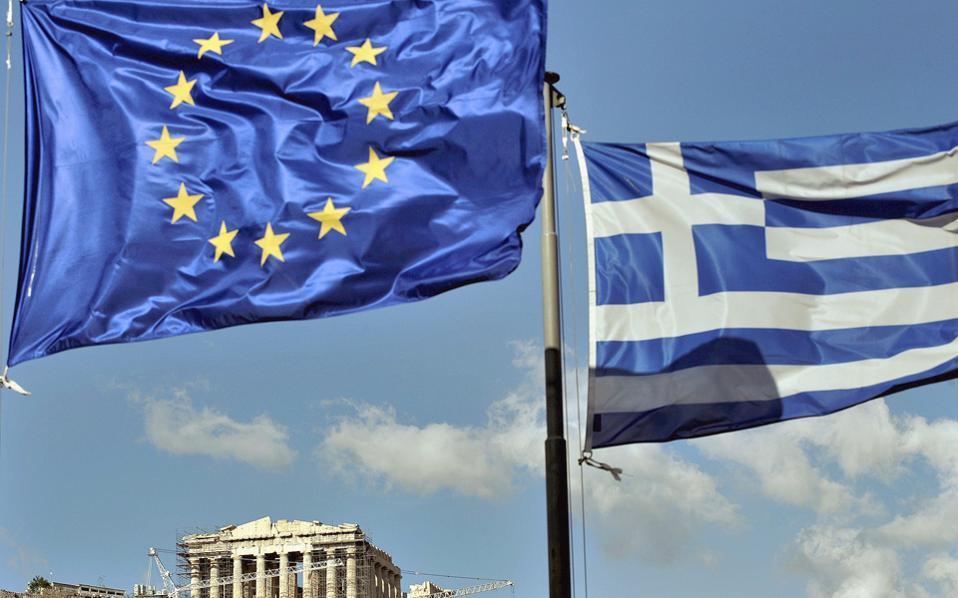Eurostat and the shielded economy

Managing public opinion is one of the tasks of every government. Some governments understand this process as a necessary, continuous, systematic explanation of their strategy to the country’s citizens, to make it understandable and remove any unavoidable obstacles to its implementation.
This, for example, was done by former socialist premier Costas Simitis in order to achieve Greece’s integration into the eurozone in 2001 – when New Democracy, as the main opposition of the time, sought to postpone it indefinitely, allegedly as “mission impossible.” Other governments substitute the explanation of their strategy (either because they don’t have one or because they don’t want to admit it) with cheap propaganda to stay in power and share the spoils, that is, the state. This was done, for example, after 2004, by the then government of New Democracy, by sneakily changing the way it calculated military expenses in the deficit to discredit Greece’s integration into the eurozone, and the tall tales of a “shielded economy,” made up with falsified fiscal data. Some lessons are supposed to have been learned. But not always, not completely.
Positive developments are not certain and, given today’s conditions, they are not the most likely.
For example, look at the comments around Moody’s recent decision to leave Greece’s rating unchanged, as well as its prospects. The ratings agency said in its report that important reforms have been delayed, the economy is vulnerable to a recessionary turn in Europe (see the balance of payments deficit), it is fragile due to its over-reliance on tourism and shipping, and, despite their improvement, the quality of the banks’ capital lags behind. What did the government say it understood from this report? That Moody’s welcomes the progress that has been made and anticipates new positive developments in the economy.
The truth is that positive developments are not certain and, given today’s conditions, they are not the most likely. What will we do if a recession hits Europe? There are two points to note: In 2021, Eurostat forecast that the long-term average annual growth of Greece’s GDP until 2070 will be 1.2%. Last year it cut that forecast to 1.1%. Taking into account the new fiscal regime that will come into effect from January 2025, it lowered its forecast even further. It now predicts that the average annual growth of Greek GDP in the period 2026-2035 will be 0.8%, approximately as much as the International Monetary Fund forecast. What does this mean? We may have 2-3 years of euphoria ahead (due to an abundance of capital from European funds and earnings inflation), but if we keep this up, without looking at the future, we will hit a wall.
Second, no matter what it says to manage public opinion, the government pretty much understands this impasse. That is why they have started to consider how they will strengthen bank capital immediately. The idea is to partially or completely replace the (accounting) capital of the deferred tax (slightly less than 14 billion euros) with bonds that will be issued by the Greek state, so that if/when we encounter a recession in the coming years, the Greek banking system will not be exposed to major risks.
Whether one agrees or disagrees, this idea makes sense. What does not make sense is the narrative that the Greek economy is the envy of many, and is – once again – “shielded.”





